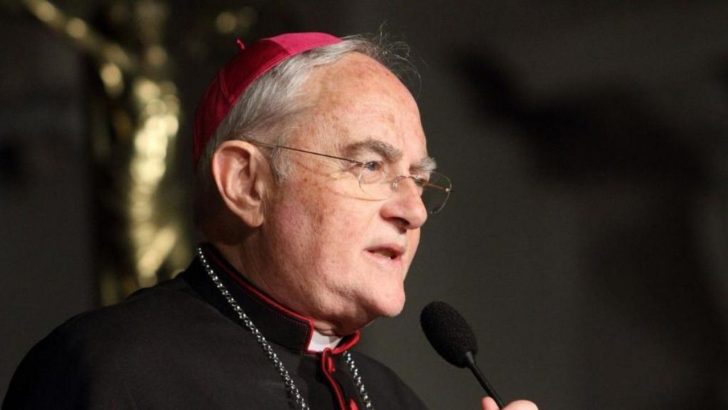Inventors of CRISPR gene editing appointed to Pontifical Academy of Sciences
Pope Francis has appointed the co-inventors of the CRISPR genome editing technology to the Pontifical Academy of Sciences.
Jennifer Doudna and Emmanuelle Charpentier, who discovered CRISPR fewer than ten years ago, were appointed to the Vatican’s scientific academy consecutively August 10-11.
Their discovery sparked research into new treatments for cancer and other diseases, earning the two female scientists the 2020 Nobel Prize in Chemistry, but it also poses a host of bioethical questions.
CRISPR is the simplest technology to date for editing human DNA. It allows scientists to use an enzyme called Cas9 to “cut and paste” gene sequences.
This has been applied to experimental treatments for sickle cell anemia and certain cancers, but has also raised bioethical concerns, including its application in “designer babies.”
The existence of these gene altering therapies raises a question of how much modification and enhancement is permissible. The ability to edit genomes could also be used for purposes other than medical treatment. A number of human traits could be enhanced or changed, such as vision, intelligence, or abilities.
Cardinal Parolin praises Chinese Catholics’ witness of faith
Cardinal Pietro Parolin recently praised Chinese Catholics’, when he was interviewed last week by La Voce del Nordest, a web magazine based in Trentino, where the Vatican’s Secretary of State was holidaying.
“We are always in dialogue,” he said of the Vatican’s relationship with China, recalling the historic agreement signed with Beijing in 2018 and renewed for two more years in 2020. The pandemic, Cardinal Parolin noted, “has also affected this sphere,” making the discussions more difficult.
“However,” he continued, “we hope to be able to resume the meetings as soon as possible, and to deal with the many other issues that are on the table and that concern the life of the Catholic Church in China.”
The Secretary of State expressed not only closeness in prayer with the Catholics of the Asian country, but also admiration: “We are proud of the witness of faith they give. We hope that they will always be good citizens and good Catholics,” and that “they will also express this twin dimension in their concrete life.”
Archbishop Henryk Hoser, papal envoy to Medjugorje, has died
Archbishop Henryk Hoser, the apostolic visitor of Medjugorje, has died at the age of 78.
The archbishop died in a hospital in Warsaw on August 13 after a long and serious illness, according to an announcement by the Polish bishops’ conference.
Archbishop Hoser served as the bishop of Warszawa-Praga in Poland from 2008 to 2017 before Pope Francis entrusted him with overseeing the pastoral situation of Medjugorje, the site of alleged Marian apparitions in Bosnia and Herzegovina, in February 2017.
The Polish prelate was a trained physician, a missionary in Africa for more than two decades, and led the bioethics team for the Polish bishops’ conference.
Pope Francis sent him to Medjugorje as a special envoy of the Holy See in 2017.
Two months after his appointment as special envoy, Archbishop Hoser told members of the press that the site bore many genuine expressions of faith, and many vocations were found there. However, he clarified that the final determination of the apparition’s authenticity remains to be seen.


 Archbishop Henryk Hoser
Archbishop Henryk Hoser